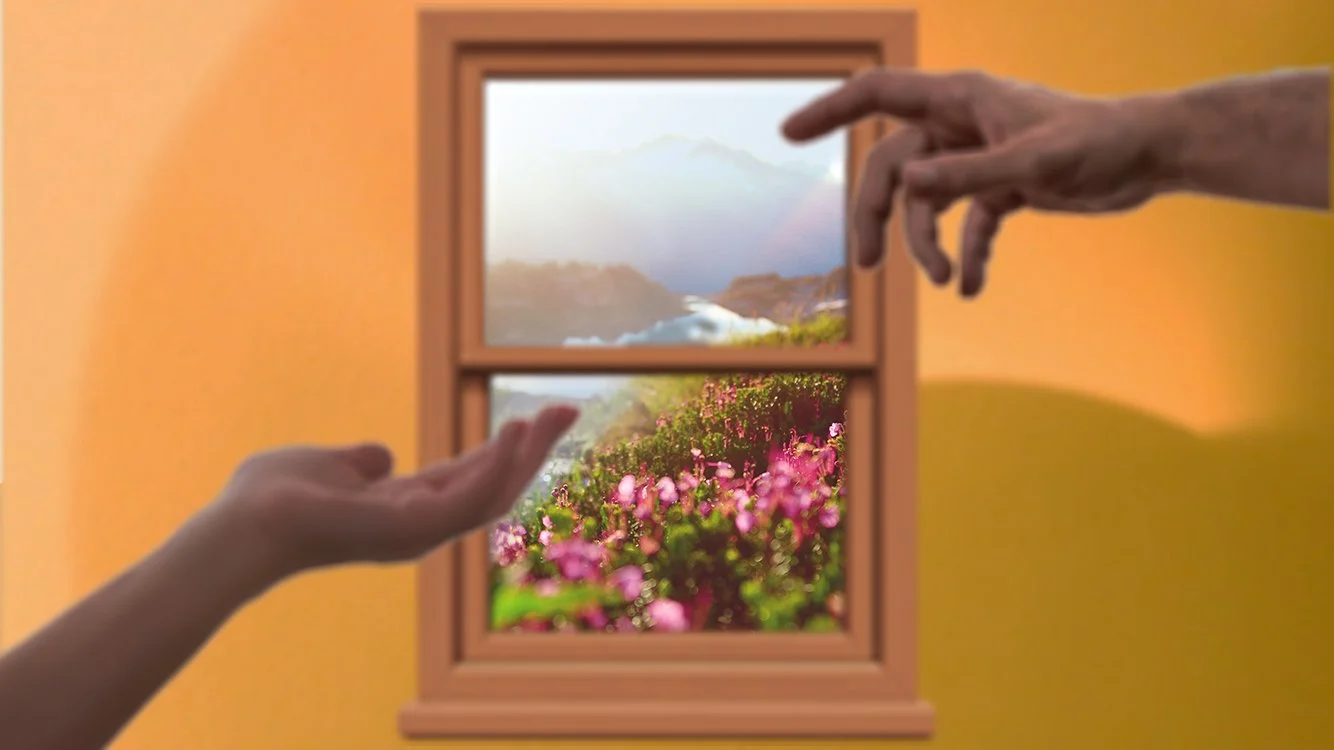August 26, 2022 - Modern Recordings
Pantha du Prince, aka Hendrik Weber, was one of the first electronic music artists I ever listened to.
Picture me, a straight-laced parents’ dream, who studied hard and cultivated ambition in the wrong direction. Me, who didn’t drink underage or smoke weed at keg parties in the cow fields with my high school classmates and the yowling coyotes. Me, who cut my teeth on AC/DC and the Beatles—and Evanescence. Me, who didn’t get rap really, and who trained classically on the piano, and who thought those things were mutually exclusive.
Even funnier, here’s how I discovered Pantha du Prince. I was Googling Spark Notes to cheat on an English test in college about some writer I was supposed to relate to and read too fast. Well, Spark Notes also had a blog of aspirational studying that spoke to the person I wanted to be. I deep-dived from my dorm bed into all the content they put out there, like a valuable user, and I found this article about 11 pages into their archive titled something like, “14 Albums for Studying.” Pantha du Prince’s This Bliss was on there. It’s the only project I remember from the list. I added his work to my iPod that night, ready for the all-nighter which was certainly not productive.
I’m only speaking in these anecdotes because it’s been a really long time since I’ve listened to Pantha du Prince. Like, 12 years. And perhaps that’s a failing on my part—it’s not like he stopped releasing music. For better or for worse, though, in that time, so much change has happened in my life, and I’m sure it has in his as well. We’re facing new things, we have new perspectives. We’re on the cliff of something, and I don’t think any of us are actually prepared to fly. So without further ado, here’s the write-up you all came for.
And an immediate apology. I love the artist, but I don’t like this album! Let’s get into it, with the caveat that I admire all artists who make anything and put it out there. Who take risks like using self-recorded samples exclusively for the first time ever, rather than relying on synthesized sounds. The risk of making something and sharing it is a beautiful act that, regardless of how it sinks or floats, deserves praise in and of itself. These people stick their necks out in ways most of us never have to, reaching a new level of vulnerability most of us can’t stomach. Most of us hide in the shade of platitudes because we can’t stare at the sun the way artists do.
What we all need to remember—we live in an age where the digital is king, and the analog exists to serve it. Our lives online matter. Let us explore sound and experience outside of the digital reality—but we must always remember that this exploration is either enjoyed privately, performed in person physically with other physical beings plus the human listening generosity that only exists in that space, or brought back to the creative digital commons, injecting it with fresh life, not rejecting its ethos. Musicians must know these truths and know what to keep and what to let loose.
Most of the songs on Garden Gaia feel a bit unrealized, expressing ideas from a dream that are hard to communicate in the morning. In fact, the whole album feels like we are halfway to realizing the ideas Weber is exploring. The Earth is a sublime thing, but no painting of a sunset will ever match the experience of sunset itself. Layers upon layers of sounds build in a sort of euphoric ethereality. There isn’t much specificity to each moment, and when you blur your eyes, it’s all just a bit monochromatic and brassy in its maximalism. I’m surprised because I am so accustomed to Panth du Prince’s knack for knowing exactly where space belongs, when to fill it, when to leave it, and exactly what to fill it with. On Garden Gaia, he seems to fill the void haphazardly, throwing everything at it. I also know plenty of artists who luxuriate in piles and piles of sounds to know that maximalism can be pulled off without losing the specificity of the composition. I think Weber is in a new mode of music-making that just needs more time to incubate. He needs more time to let something else go.
Now for the redemption—the final song ‘Golden Galactic’ gives you the prize this exploration has brought back from the wilds of trying something new. It’s more orchestral and ethereal without losing itself in the mist. Tender, optimistic, astounded, reverent, bright not hypnotically blinding, the atoms of this final composition begin to formulate a new Weber emerging from the ashes of his former self. Primal drumming, soft piano, trickling atmospheric textures, epic strings. I get what he is trying to do. I wish that Garden Gaia was given more time. I still remain a fan, excited for what’s next. Onward and to the right. ☔

